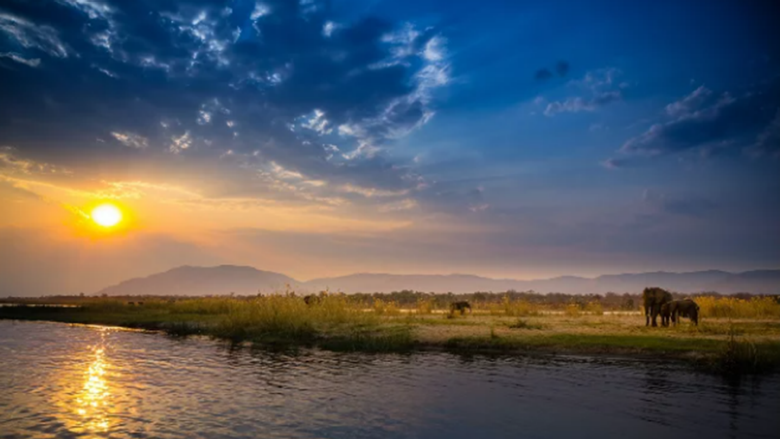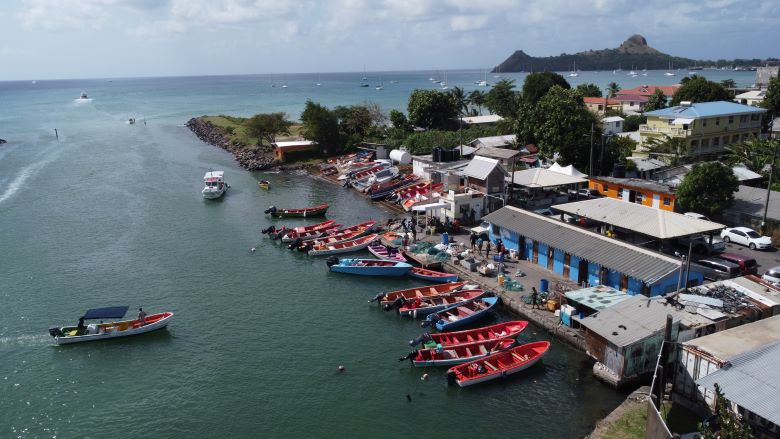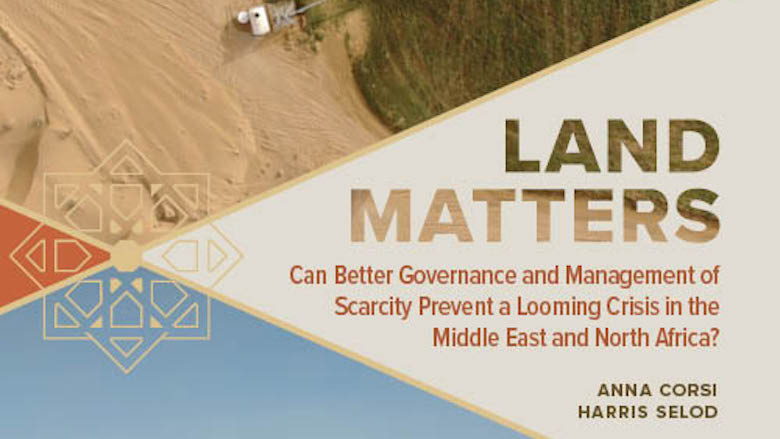LATEST WORKING PAPERS
This section highlights a few recent working papers. For a full list of working papers, please see: More Working Papers
Reforming Land Valuation and Taxation in Ukraine: A Path towards greater Sustainability Fairness, and Transparency
Klaus Deininger, Daniel Ayalew, Ali Eduard Bukin, Andrii Martyn
World Bank Policy Research Working Paper 10998, December 2024
Building Women's Skills for Economic Inclusion and Resilience
Megan Lang, Julia Seither
World Bank Policy Research Working Paper 10980, November 2024
Household and Firm Exposure to Heat and Floods in South Asia
Patrick Behrer, Jonah Rexer, Siddharth Sharma, Margaret Triyana
World Bank Policy Research Working Paper 10947, October 2024
Rebating Revenues from Unilateral Emissions Pricing
Christoph Böhringer, Carolyn Fischer, Nicholas Rivers
World Bank Policy Research Working Paper 10922, September 2024
Regenerative Agriculture in Practice: A Review
Andrew Dabalen, Aparajita Goyal, Ruozi Song
World Bank Policy Research Working Paper 10919, September 2024



















